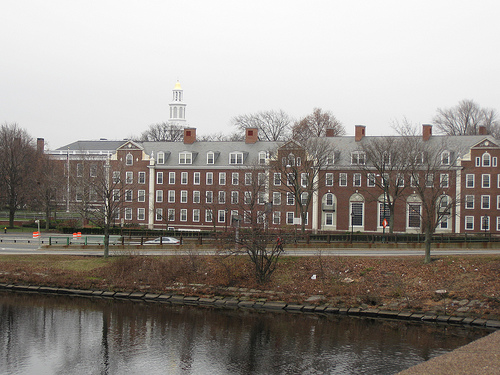The Admissions Committee also wants to get to know you—beyond the professional and academic achievements listed in your resume and transcript. You can share with us important life experiences, your likes/dislikes, hobbies, achievements, fun facts, or anything that helps us understand what makes you who you are. Share with us your list of "25 Random Things" about YOU. Please present your response in list form, numbered 1 to 25. Some points may be only a few words, while others may be longer. Your complete list should not exceed 2 pages.
- Wow - this one has a lot of people sweating, doesn't it? It shouldn't - it honestly is the easiest essay question out there - what a great opportunity to put yourself out and show AdCom that you are more than what's on your resume.. because you are, right? right? :-)
- So, what is good to include on the list and what isn't? You can include your hobbies, what you like, what you do outside of work, crazy things that you have done, things about your family / friends, etc. What you shouldn't include is too many of the same types of bullets - e.g., too many food-related bullets or too many travel related bullets etc
- Keep a good balance and try and include 25 different attributes about yourself that will flesh out your personality for the reader. If you're not sure what to include ask your BFFs, your better halves or others for the few things that they remember you by
When asked by your family, friends, and colleagues why you want to go to Duke, what do you tell them? Share the reasons that are most meaningful to you. Your response to this essay question should be no more than 2 pages in length. Please respond fully and concisely using 1.5 line spacing.
- Make sure that the activities that you’re interested in are clearly tied to your background and experiences – the two shouldn’t be disjoint!
